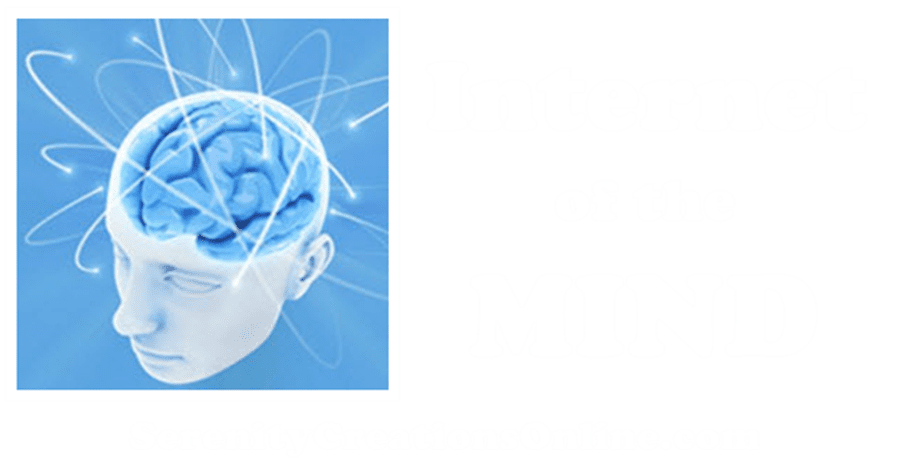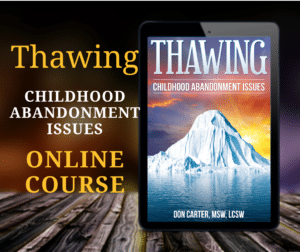
Im Ok, You’re Ok – TA Psychological Positions

These deeply rooted decisions are the mental filters through which we make meaning (mind movies) of ourselves, others, and the happenings in the world around us. Dr. Thomas A. Harris’ classic Im Ok – You’re Ok is an original Transactional Analysis work exploring the Psychological Positions of the Parent, the Adult, and the Child Ego States.
If we take into account that there are several wounded Inner Child Ego States (ES) in Adult Children of traumatic childhoods…then we must look at the possibility that each Child ES has made their own decisions and may be living out a different Life Script as a result.
For instance, the Natural Child is good at finding and highlighting good things about ourselves… the Critical Parent ES may spew out our negative self-talk… The Vulnerable Child usually takes a Victim position of hopelessness, helplessness, or worthlessness… while the Angry/Defiant Child may persecute others by projecting their contempt outwardly.
Existential or Psychological Positions
Below we explore these Psychological Positions as they relate to the concepts of the Critical Parent, the Angry/Defiant Child, and the Vulnerable Child Ego States created in less-than-nurturing families.
- “Im OK…You’re OK” (healthy position)This is potentially a mentally healthy position. Realistic people with this position about themselves and others can solve their problems constructively. They accept the significance of people and get along well with others. They achieve independence (I can do things on my own) and interdependence – “I can choose to be part of a team and accomplish even more than what I can do on my own”.
- Ego States: Healthy Parent (P2), Healthy Adult (A2), and Healthy Child (C2)
- “Im OK…You’re Not-OK” (projective position – Externalizers)This is the position of persons who feel victimized or persecuted, so victimizes and persecutes others. They blame others for their miseries. Seeing the Vulnerable Child (perceived as weakness) in others may trigger them to act-out their contempt for that part of themselves in order to hold onto the Im Ok position, which in extreme cases may lead to violent behavior including child abuse and homicide. In milder cases, this may take the form of a parent having an unreasonable resentment for his/her own kids, leaving them feeling shame and guilt because they don’t know why they feel that way… It’s usually the Angry/Defiant Child and/or Critical Parent trying to drive their own Vulnerable Child deeper into hiding (or exile).
- Ego States: A combination of Angry/Defiant Child and Critical Parent Ego States often take this Im ok position… they may completely disown or repress their Vulnerable Child ego state early in life.
- “I’m Not-OK…You’re OK” (introjective position – Internalizers)This is a common position of persons who feel powerless, not good enough, or less important when they compare themselves to others. People in this position feel not good enough or less important because they internalize the voice of their Critical Parent. They turn the critical and shaming tapes of childhood in on themselves over and over again…further victimizing their already wounded Vulnerable Child.
- Ego States: They usually feel powerless because they have disowned or repressed their Angry/Defiant Child ES causing them to lack assertiveness and boundaries. This position leads them to withdraw, to experience depression, and in severe cases, to become suicidal.
- “I’m Not-OK…You’re Not-OK” (futility position – Hopeless, Helplessness, or Worthlessness)This is the position of those who lose interest in living, who exhibit eccentric behavior, and in extreme cases, may commit suicide or homicide. This is a position that one must work themselves into. It takes time – or some very severe trauma – for things to get so bad that all defenses collapse leaving this person unprotected from their pain. When things are at their worst, it’s a toss-up as to whether all that pain and hostility will be pointed inward resulting in a suicide attempt…or outward resulting in a homicide/suicide attempt.
- Ego States: Full expression of the seriously wounded Vulnerable Child, Angry/Defiant Child, and Critical Parent.
Psychological Sweatshirts
Eric Berne, MD often talked about his analogy of psychological “Sweatshirts”… a concept used to explain how a person can hold two existential or psychological positions simultaneously. One position is usually explicit (conscious) and the other implicit (subconscious). The sweatshirt exemplifies the duality of fighting against what we want the most. The analogy is to imagine a person wearing a sweatshirt that has an explicit message on the front and an implicit message on the back. Each message represents it’s own existential position — usually conflicting messages.
Here are some examples…
- Front: “Someone please love me” Back: “Not you Stupid!”
- Front: “Keep your distance!”, Back: “A little closer please”
- Front: “Why does this always happen to me?” Back: “Kick Me”
- Front: “I was only trying to help” Back: “Now I’ve Got You, You SOB!
- Front: “Please tell me what to do” Back: “So I can tell you why that can’t work”.
- Front: “I hate you!” Back: “Please love me”
“Sweatshirts” are often the result of disowning one ego state, such as the Angry/Defiant Child or the Vulnerable Child ego state, which has the effect of magnifying the ego state that operates at a conscious level. Sweatshirts are also good representations of the nature of the psychological games one subconsciously initiates and participates in.
Many times the only way you can tell you’ve been part of a subconscious game is the surprise bad feeling you get after its over. The Im ok – Your not game or vice versa can start as an innocent question but ends with a bad feeling in your stomach — and you haven’t a clue about what just happened.
The surprise bad feeling is known in TA as the “Payoff” for playing the game — the Payoff is frequently a somewhat irritating, yet weirdly satisfying feeling that confirms your existential position.





